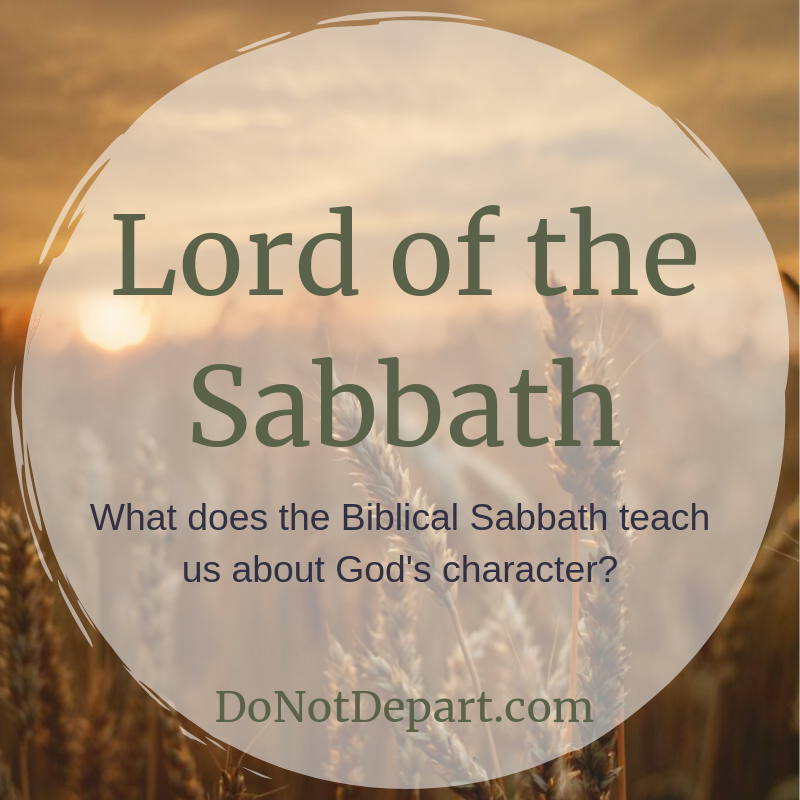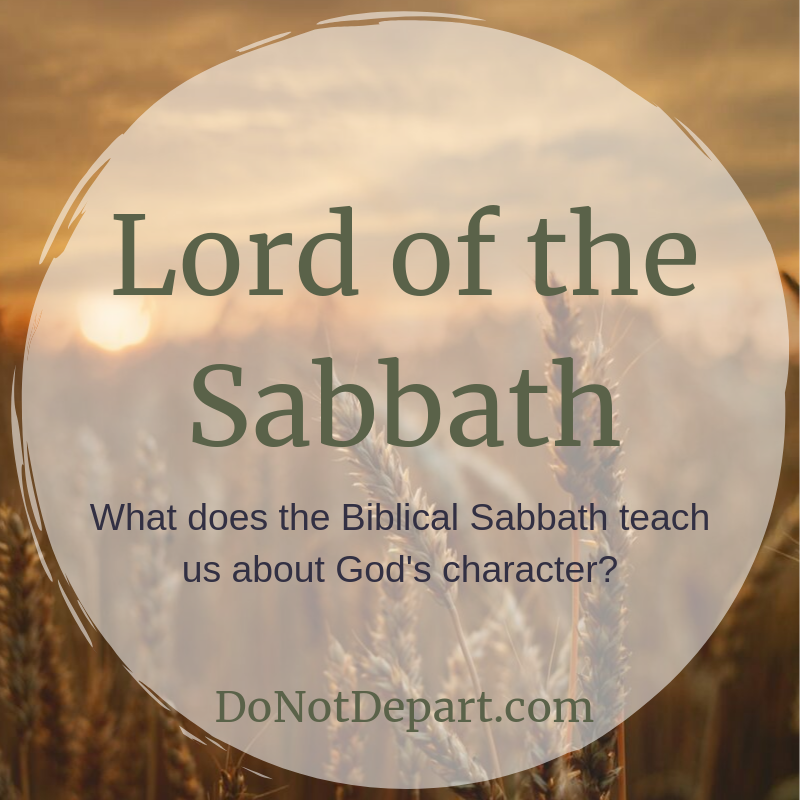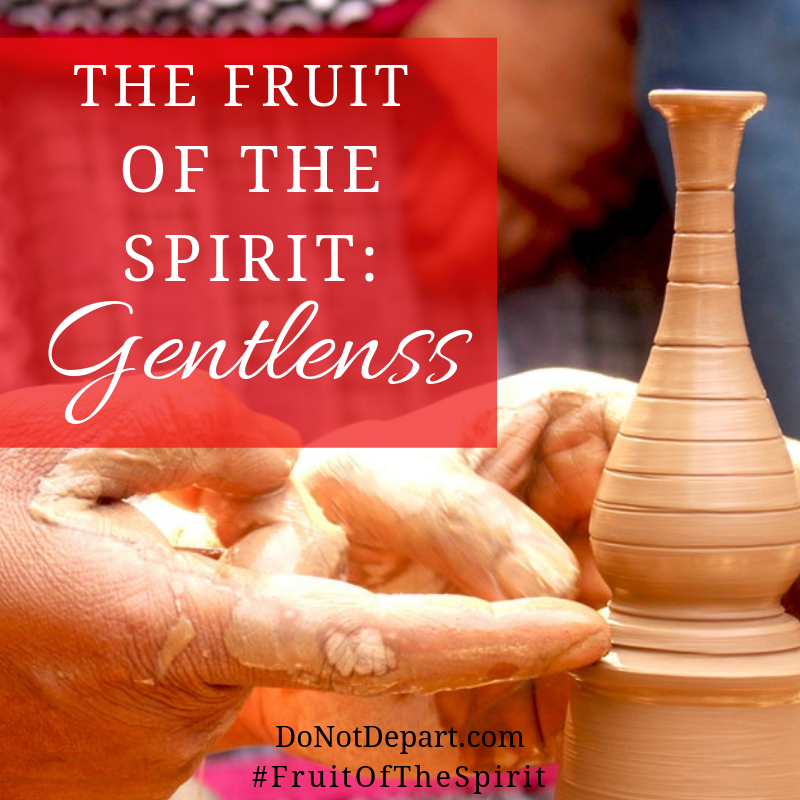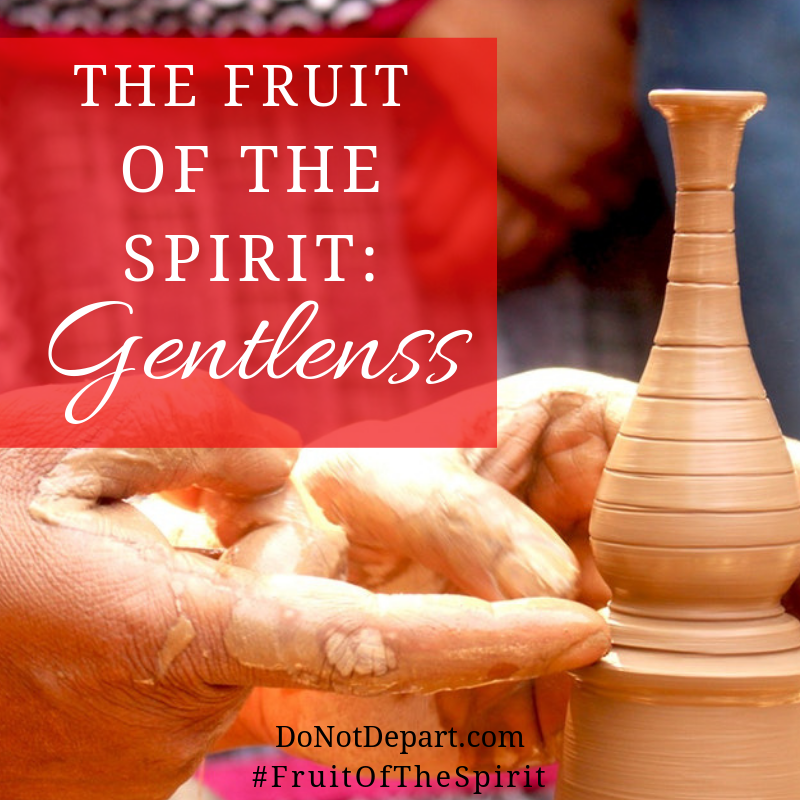We hope you’ll join us this month for our new series, Great Is the Lord, where we’ll study Psalm 145, a psalm of praise, together.
I wish I could say that I love fall and winter. But, I really don’t. Truth be told, I kinda like fall, but I know it’s ushering in winter. And winter and I? Well, we have a struggle.
Normally I’m an optimistic thinker. But because I don’ t care for fall and winter, my optimism tends to fall short these days. So, my oldest daughter reminds me often try to look for the good things in these seasons I don’t like… and hold onto them.
There are a few things about fall that I do like. I love donning jeans and boots, kicking the fallen leaves, the nip in the air when the sun is still warm on my face, and snuggling up to read or crochet on a chilly evening. But Thanksgiving is what gives me the most joy!
Yes, I love gathering together with my family, lingering over a good meal, laughing, talking, and playing games well into the evening. It’s a true joy and gift!
But even more poignant than that is the time spent in gratitude, both with family and just quietly, between God and I. Usually, for days before and after the holiday, I’m in a “thankfulness mode”— thanking God deeply for all that He’s given. Intentionally looking back over the year and counting blessings has a way of highlighting how very awesome God is and just how indebted to Him I am.
Gratitude puts everything in proper perspective!

Praise and Gratitude Go Hand in Hand
Why are we focusing on praise as thanksgiving approaches, instead of gratitude?
Many people say that when a Believer wishes to express thanksgiving to God, the result is praise.
But I think it goes the other way, too. When God’s children stop to praise God, like David does in this Psalm, I believe it helps us reflect more on what God has done and why He is so worthy of receiving our praise. The result? Gratitude!
Gratitude results in praise, but so does praise result in greater gratitude.
Great Is the Lord
This month we here at DoNotDepart will be focusing on the great awesomeness of God. We’ll be leading you through a study of Psalm 145, a Psalm of David.
Psalm 145 is considered a psalm of praise. And boy, is it ever! The ESV study Bible says, “The author has exploited all the vocabulary he can muster to describe this great activity, praising God for his greatness and goodness.” (Emphasis, mine.)
Over and again, David talks about praising God, what praise looks like, and why it should be done. The ultimate reason?
Because God is so great!
Does praise make you feel grateful? What are you especially thankful for this year?
Let us know in the comments or in our Facebook group.
Blessings,
Ali































